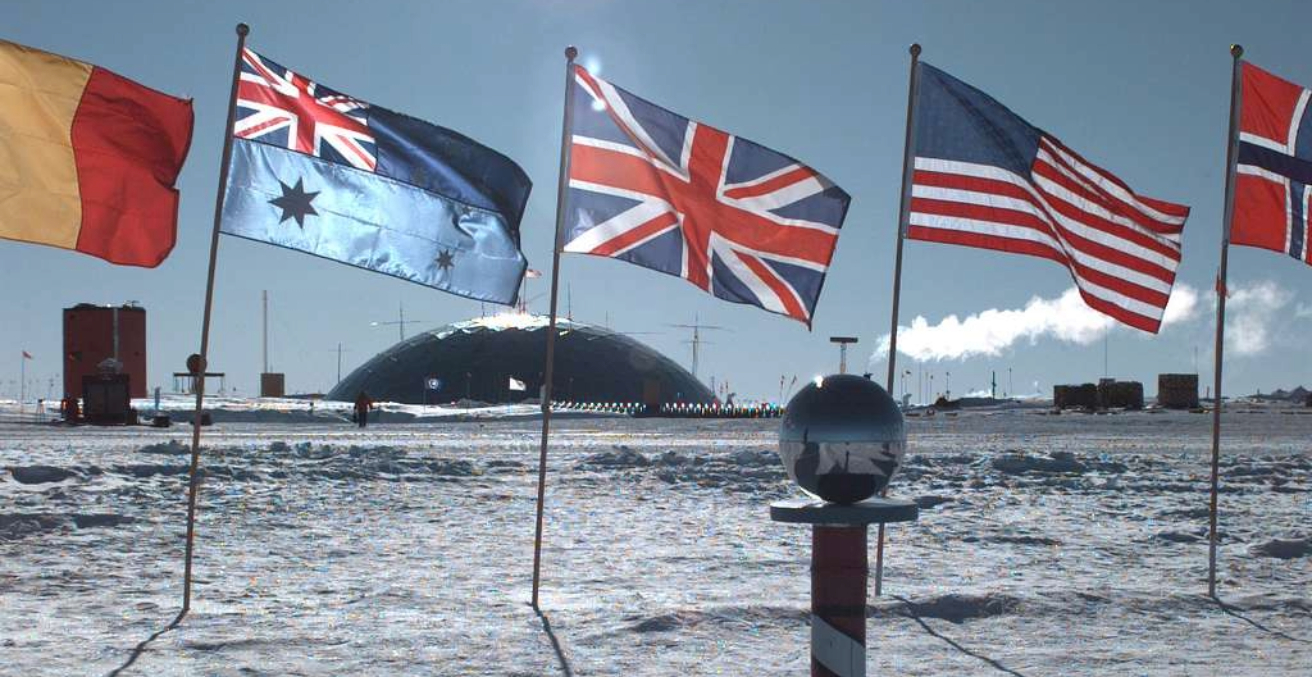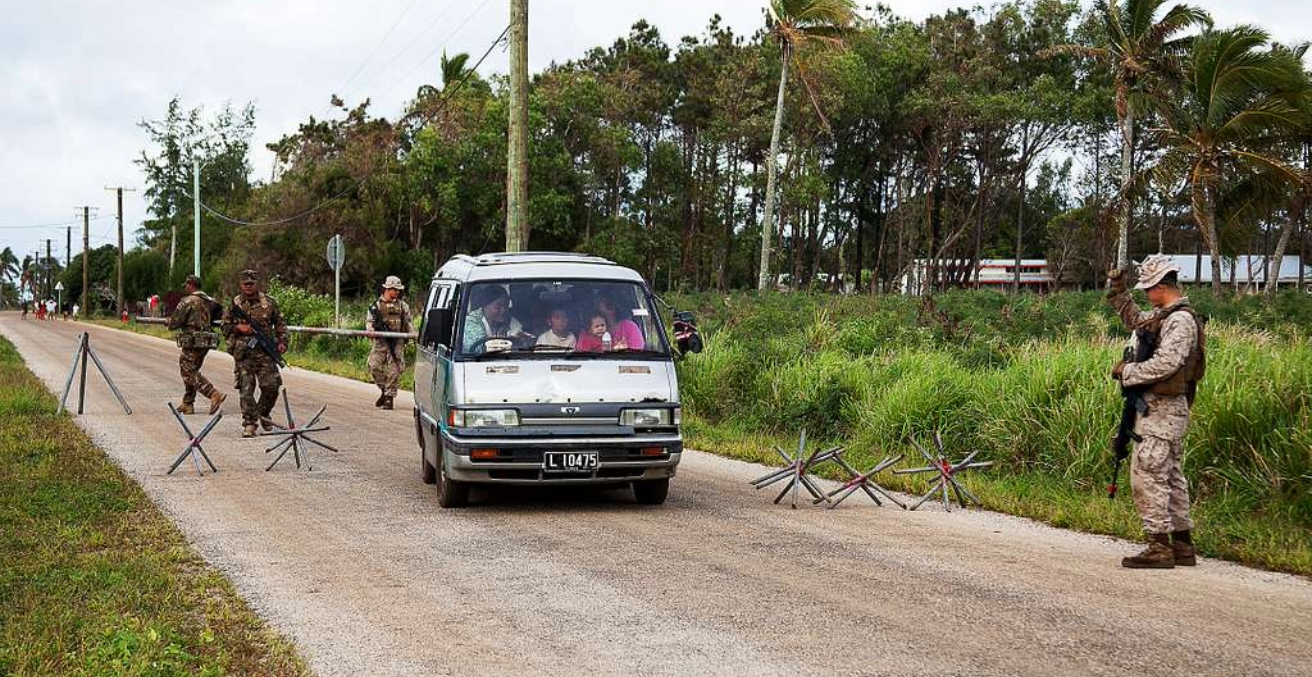Since the early 1900s, women have used International Women’s Day (IWD) to demand equality and fight for equal pay, better workplace conditions, and the right to vote. In 2023, IWD continues to be a platform to advocate for women’s rights, and it is more important than ever to remember that this day is for, and about, ALL women, not just cisgender women.
To mark IWD, Hershey, the chocolate company, recently released a video featuring a trans woman calling for a future where every woman can live as their honest, authentic self. Such publicity campaigns can be criticised as tokenistic, if they are not backed up by actual changes in corporate policies and procedures. However, the fierce backlash that followed is a painful illustration of how far we still have to go when it comes to respecting the dignity and worth of all women, regardless of their gender identity. The ad provoked an immediate anti-trans campaign on social media, using the hashtag #BoycottHersheys. This is not altogether surprising given the current conservative-led anti-trans sentiment in the US, and the significant increase in anti-trans laws and policies across many parts of that country.
Efforts to exclude transwomen from International Women’s Day run contrary to its very essence, which is to unite women and fight for equal rights. IWD has never been about only cisgender women, and it was never intended to be a divisive campaign. Rather, IWD is an opportunity to focus on ending discrimination for all women, which requires a focus on working class women, marginalised women, women of different races and religions, women with disabilities, First Nations women, and women with diverse sexual orientations, gender identities, and sex characteristics. The women’s movement is stronger and more relevant when it represents all women, not just middle class, white, cis-gender women. The attainment of reproductive rights reform in Argentina is illustrative of this. Trans activists united with the feminist/women’s movement to successfully campaign for the legalisation of abortion in that country.
Australia likes to think of itself as a leader when it comes to respecting the human rights of LGBTIQ+ people, pointing to its comprehensive laws that prohibit discrimination on the basis of sexual orientation and gender identity (with exceptions for faith-based organisations). But scratch the surface and Australia still has a long way to go before it can claim to respect the dignity and equality of transgender persons. While we are not seeing the wave of anti-trans laws that are sweeping across America, Australia has not yet embraced equal rights for trans people. This is seen in the social discrimination and hostility that trans people continue to face, often leading to loss of employment, friends, and family connections.
Across Australia, laws around changing gender markers – for example on birth certificates – vary greatly. In Victoria, a person wanting to change the sex on their birth certificate so that it aligns with their gender identity need only provide a statutory declaration stating that their sex is the one nominated in the application and a supporting statement from a person who has known them for 12 months. This is in stark contrast with Western Australia, where a Gender Reassignment Board assesses every individual application, and New South Wales, where a person can only change their birth certificate if they have undergone a “sex affirmation procedure,” in other words, surgery. This is often an insurmountable barrier, given that most gender-affirming surgical procedures are not covered by Medicare, and thus can be prohibitively expensive.
Accessing gender affirming health care can be hard due to the low number of health care professionals who have received appropriate training. Additionally, public health provision is uncommon, and when it is available usually involves long waitlists – currently over 17 months at the Monash Health Gender Clinic.
Respect for the inherent dignity of transgender persons could be improved by public awareness raising campaigns and education around gender diversity, including in health care settings. There are many excellent programs that Australia could draw on for inspiration, including the Unbox Me campaign that the United Nations launched last year, resources collated by Human Rights Campaign, and empirical research that shares the opinions of trans people about what they think would help increase general awareness and support for their community.
It’s time to return International Women’s Day to its roots. Let’s have fewer celebratory morning teas and more strident protests about the real issues that women face every day – sexual assault, harassment, domestic violence, and gendered discrimination in workplaces. Let’s talk honestly and openly about the barriers to equality that marginalised women face, including racism, ableism, and laws, policies, and attitudes that exclude transwomen from leading lives of dignity and equality. Let’s use this IWD to amplify the voices of the many women whose stories and experiences rarely get told, and let’s use the other 364 days of the year to work towards taking concrete action to achieve equality for ALL women.
Paula Gerber is a Professor in the Faculty of Law at Monash University and a leading expert on international human rights law, with a particular focus on children’s rights and the rights of LGBTIQA+ persons. She is the author and editor of numerous books, journal articles and edited including most recently, the 3-volume research series Worldwide Perspectives on Lesbians, Gays and Bisexuals, (2020) and the 2-volume collection Critical Perspectives on Human Rights Law in Australia (2021) (with Melissa Castan).
Dr Riki Lane is an experienced researcher in trans health and primary care. They are a research fellow at Monash University and also work in facilitating affirmative health care for trans people.
This article is published under a Creative Commons Licence and may be republished with attribution.




